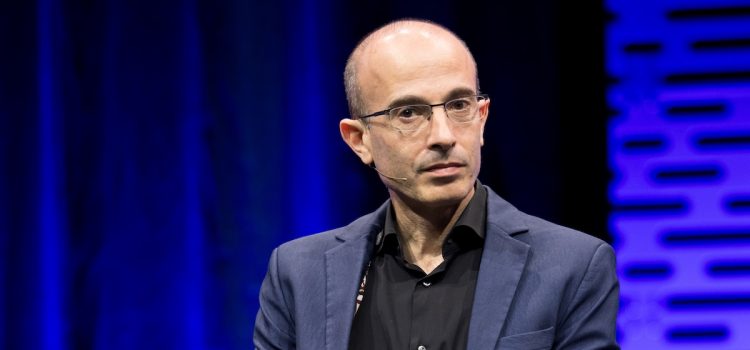Can AI algorithms really control what stories and ideas shape our beliefs? What happens when machines—not humans—become the primary creators and curators of our cultural narratives? In his book Nexus, Yuval Noah Harari explores how AI manipulation is fundamentally changing who controls public discourse. The shift from human editors to profit-driven AI systems marks a crucial turning point in how information spreads and shapes society. Keep reading to discover what this means for our future and the concrete steps we can take to protect ourselves from unchecked AI influence.
AI Manipulation: Yuval Noah Harari on the Threat & Its Solution










